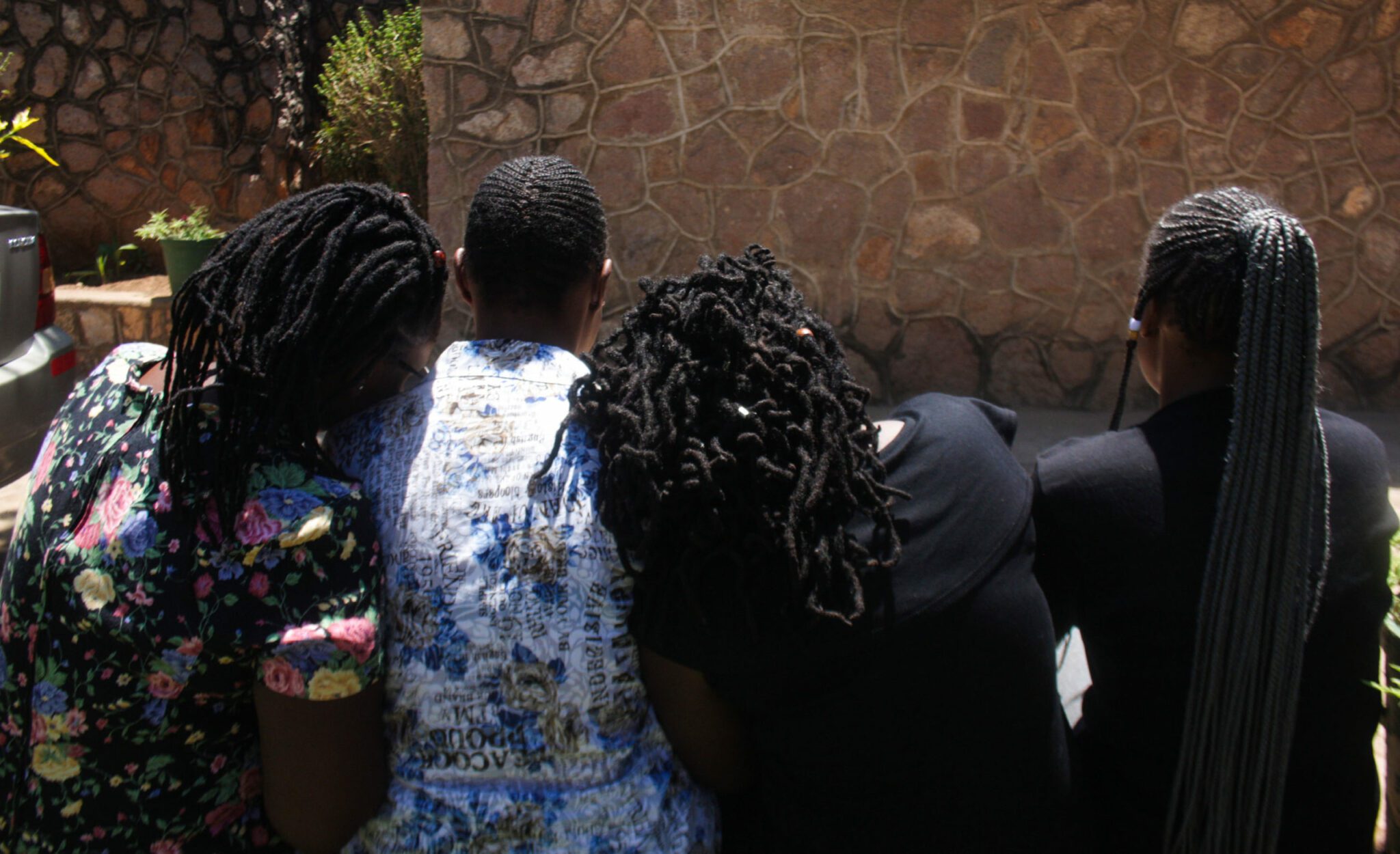Local entrepreneurs must start targeting the African hair market as this is one industry that has the potential to become a profitable business due to high consumer demand, an industrialist has said.
The African hair market’s growth is premised on the demand for weaves, wigs, hair care products and other consumables by women.
In 2014, the Zimbabwe Statistics Agency said women spent US$13 million on fake hair and hair care products such as hair extensions, braids, complete synthetic wigs, hairpieces, human and animal hair.
The same year, estimates indicated Africa’s dry hair industry stood at US$6 billion a year with Nigeria, Cameroon and South Africa known to be top spenders on hair
But industrialist Busisa Moyo says the greater potential is in focusing on women’s natural hair, where locals could ‘try’ compete with international companies who were always launching products aimed at African consumers.
Speaking at a recent marketers’ conference, Moyo urged local entrepreneurs to tap into the hair industry and start thinking about how they could embrace natural hair or use national ingredients to target African consumers.
He said the hair market industry could be rewarding, given the fact that in the next 25 years, Africa would have doubled its population.
“A growth in population means we will require twice the amount of food we have and twice the amount of utilities we have. So we need to think big with that in mind because the rest of the world is preparing for that growth.
“I was surprised to see more economists off the continent are writing about our population growth than we ourselves are talking. If we don’t talk about this population it means we will most likely be ill-prepared to realise the appropriate value from such a population dividend. A population dividend, which the rest of the world is designing products for,” explained the businessman who also sits in the Presidential Advisory Council (PAC).
Moyo, said his young sister, with a Ph.D. in biochemistry currently works for an international cosmetics company, which was doing work in Germany for the African hair market.
It is from that conversation, that made him realise locals were sitting on untapped niche business.
“I found this absolutely bamboozling and I was absolutely perplexed, Germans, no offense are sitting, planning for the hair of our mothers and sisters. And I encouraged my young sister that instead of working for this company…she should be thinking herself how to use local materials,” he noted.
Moyo added that entrepreneurs could make business out of natural hair since it was now trending.
“I hear that the natural look is back or natural hair is in. Can you not design chemicals and all these things? This is what we need to be thinking with such a looming population dividend. It means we will have more heads on the continent walking about, twice the amount of heads now. Try this for a market focus or market study,” urged the businessman.
“These are the conversations I believe the private sector in this country and in the regions needs to be having about some of the opportunities that are coming our way.”
While still largely based in the informal economy, reports said the African haircare business has become a multi-billion dollar industry that stretches to China and India and has drawn global giants such as L’Oreal and Unilever.
It is on this basis that local industrialists such as Moyo, argue a niche market can be realised from providing natural hair care products, which can sell equally, if not more than western or fake products.
A survey around Bulawayo City Centre on shops selling fake hair products showed that most sold weaves for R100 to R150 a packet each or US$9 to US$12.
These were for hair brands such as Super Diva, Maxine or 100 percent human hair.
A hairdresser at a salon located on Fifth Avenue and Fort Street, Tambudzai Zuze, said each day, on an average, 15 women are served while on a busy day, the numbers could reach 30.
“Most of our clients come in wanting to put weaves. To plait the weave, we charge the equivalent of R100 to R150. If it is Brazilian hair, the cost goes up depending on one’s style. Some women come in wanting to plait their natural hair, which costs the equivalent of R50. Those who want to style their natural hair, have to pay more. But few women opt to cut or maintain short hair. A hair cut is ZWL$15,” she said.
In April 2019, a Market Research Future report on global hair care said this market was poised to reach US$87.654.5 million in 2023 from US$69.786.3 million in 2016.
The Market Research Future’s claims were grounded on research done on the basis of detailed segmentation and region-specifically collected data.
The Hair Care Market Research Report Insights and Industry Analysis was done by Product (Hair Styling, Shampoo, Hair Colorant, Conditioners, Hair Oil), Application (Hair Treatment, Scalp Treatment), Distribution Channel (Hypermarkets, E-Commerce, Pharmacies), and Region, Competitive Market Size, Share, Trends, and Forecast, for 2017 to 2023.


Busisa is a great visionary. I wish he’d worked in an environment that allows national instead of individual wealth creation.